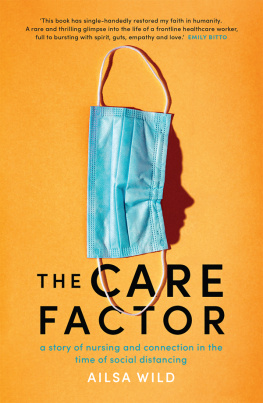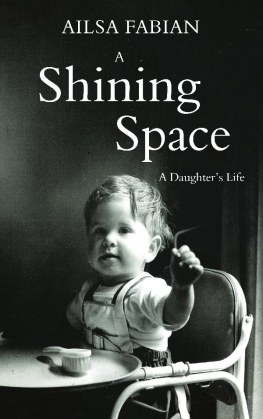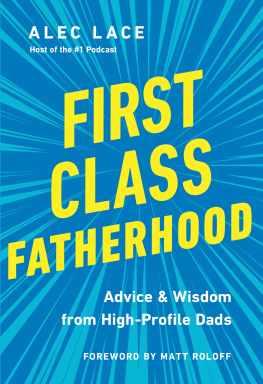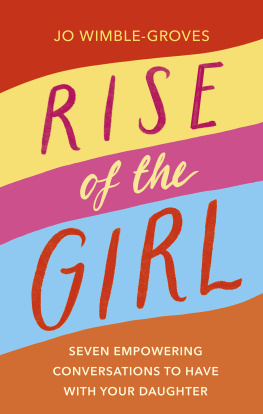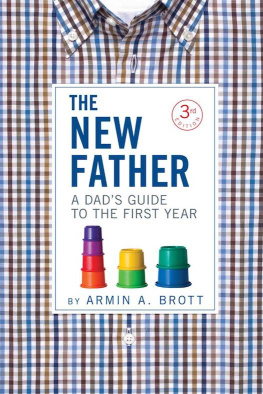
Acknowledgements
Thank you to my family. Jono, much of what we learned together is reflected here and Im so grateful its you I share the parenting with. Jack, something of your babyhood has made its way onto these pages and I obviously couldnt have written it without you. Pete and Chris, you continue to model being dads in beautiful, generous, caring ways. Jenny, you taught me to hold the kind of high expectations I write about here. Each of you made this book possible. I love you.
Several folks read early drafts and gave useful feedback and/or leant their words to this book. Thanks Anais Chevalier for the bullshit appeasement operation, Penni Russon for the internet of women, Jasper Peach for the safe landing place and Lefa Singleton Norton for the thoughts on sharing the labour of recovery.
Special thanks to the team at Hardie Grant Books, especially Emma Schwartz, Emily Hart and Amy Daoud, who took a little letter and helped to make a book.
Finally massive, sky-high thank yous to Bernard, for that first walk in the park, your enthusiasm and for the pictures that bring all the love and life to this book.

Many women are trained to nurture other peoples needs, while men are often expected to focus elsewhere. Its not everyones experience, nor is it necessarily inherent in our gender, but its something we can be aware of and change.
For me, one of the hardest things about parenting is that I was trained to meet others needs more than my partner was. So there are times when Im noticing my childs needs and my partners needs and Im trying to fulfil them both, while mine have been lost somewhere behind the couch.
Take some time to think about your radar for seeing and meeting other peoples needs.
Your partners body is doing a huge, huge job right now. Even when pregnant bodies are asleep, theyre working.
When you wake up in the morning, every morning, ask yourself what your partners needs are physical and emotional before thinking about your own (not necessarily for the rest of your life, but for now). DOES SHE NEED THE FIRST SHOWER, OR A LISTENING EAR, OR TO DANCE WITH YOU, OR SOME QUIET SPACE WHILE SHE DRINKS HER TEA?
Do the same when you see her at the end of the day. Keep remembering to check in if theres anything she needs (without pestering her).
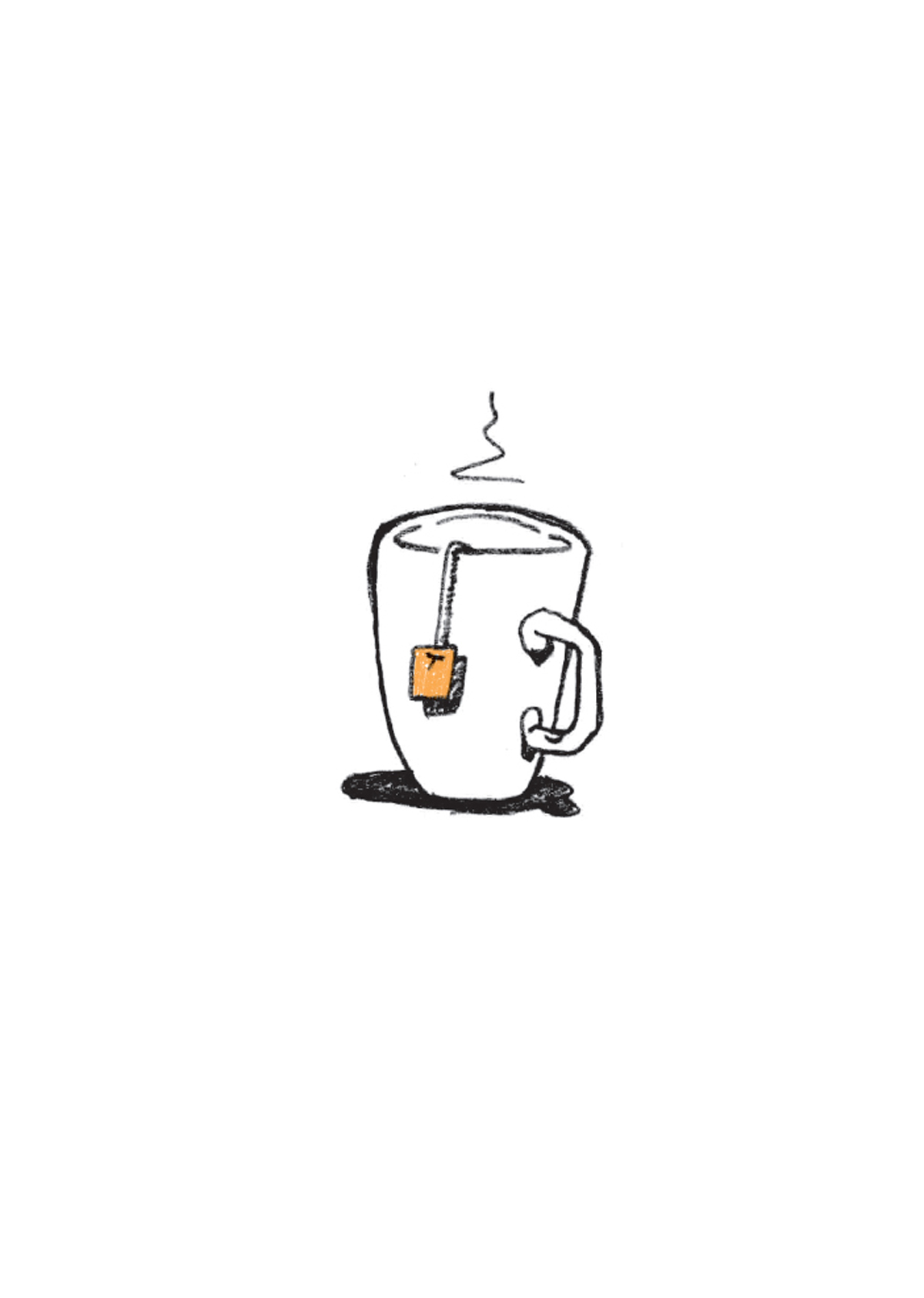
THE THING IS, MEETING SOMEONE ELSES NEEDS IS SUCH A GRATIFYINGLY GOOD FEELING. If women do it more, we dont do it only because were oppressed by the patriarchy (although that too); we do it because its next-level satisfying and the oxytocin hit is real.
Try practising emotional labour in other circumstances. For example, once a day, during work or at a social event, for one minute, think about each person in the room what do you think they need emotionally right now? Can you offer anything that might fulfil it?
See if you can practise every day from now until the baby is born.
Early parenthood is a good time to really enjoy meeting other peoples needs, so start developing your emotional labour muscles now.
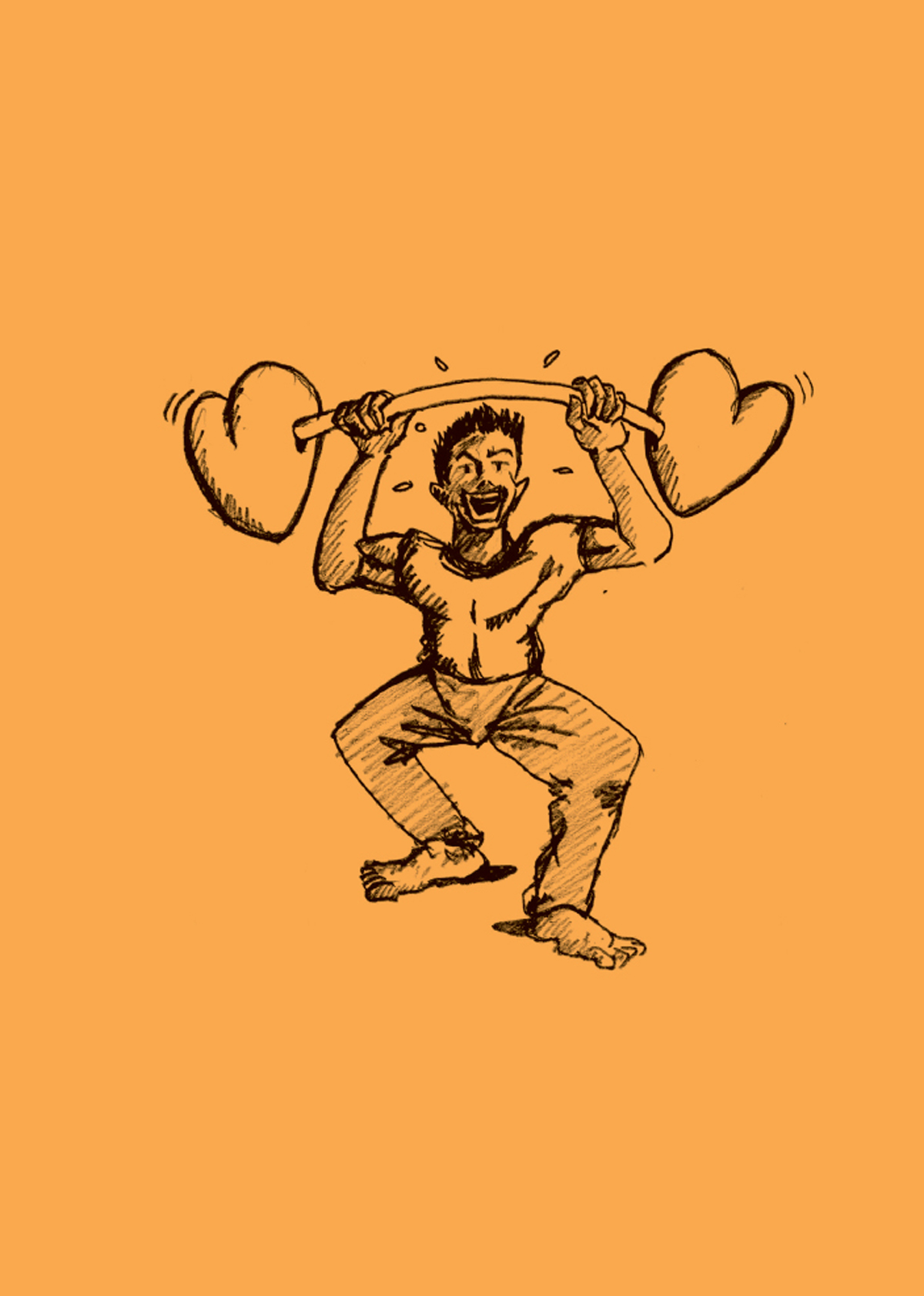
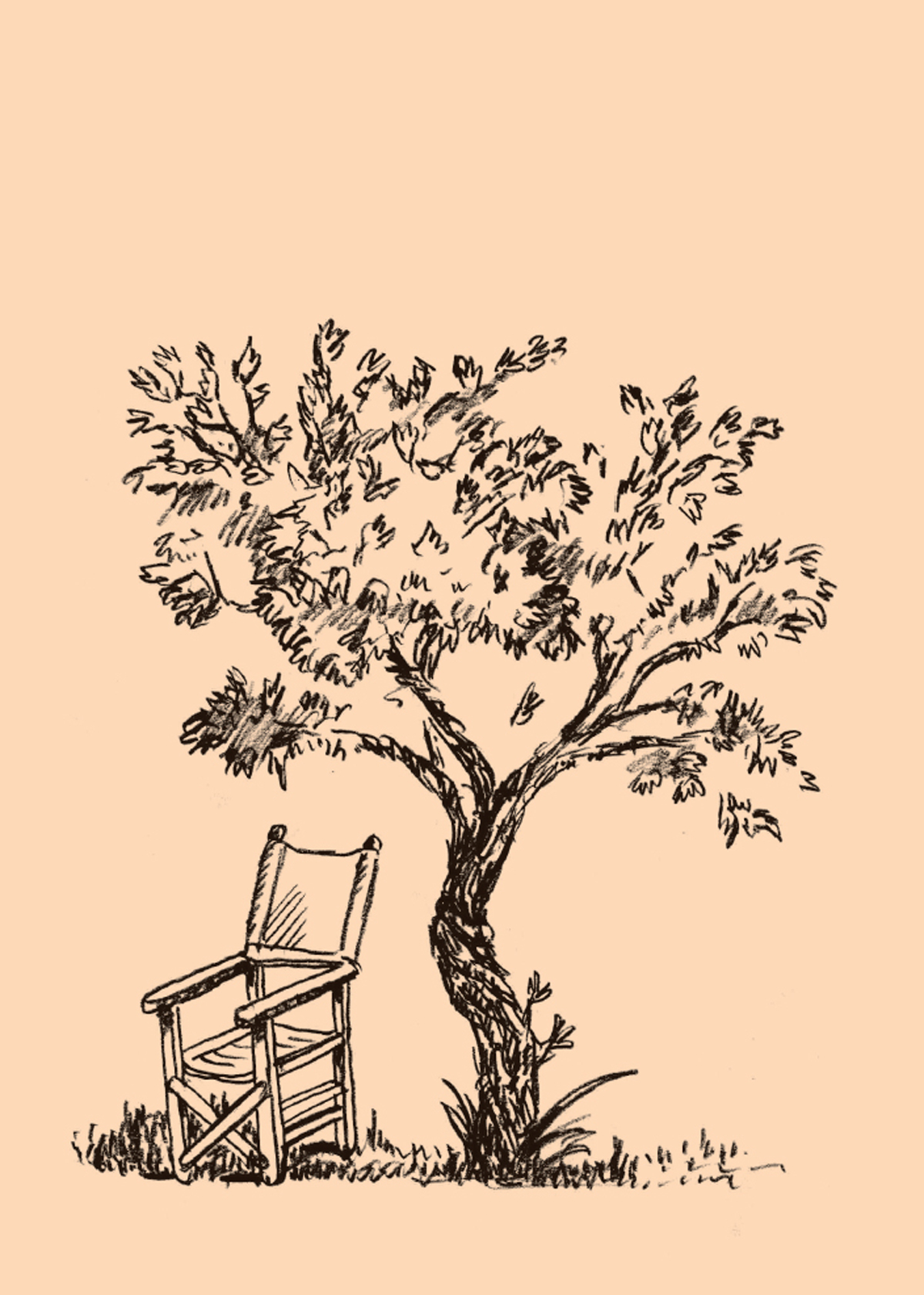
Also take time to think about what works for you in terms of regulating your emotions. How do you manage your big feelings?
IS IT DEEP BREATHING? A BIG LAUGH WITH A FRIEND? EXERCISE? SPACE TO CRY? Does particular music help? Or a moment looking out at the horizon?
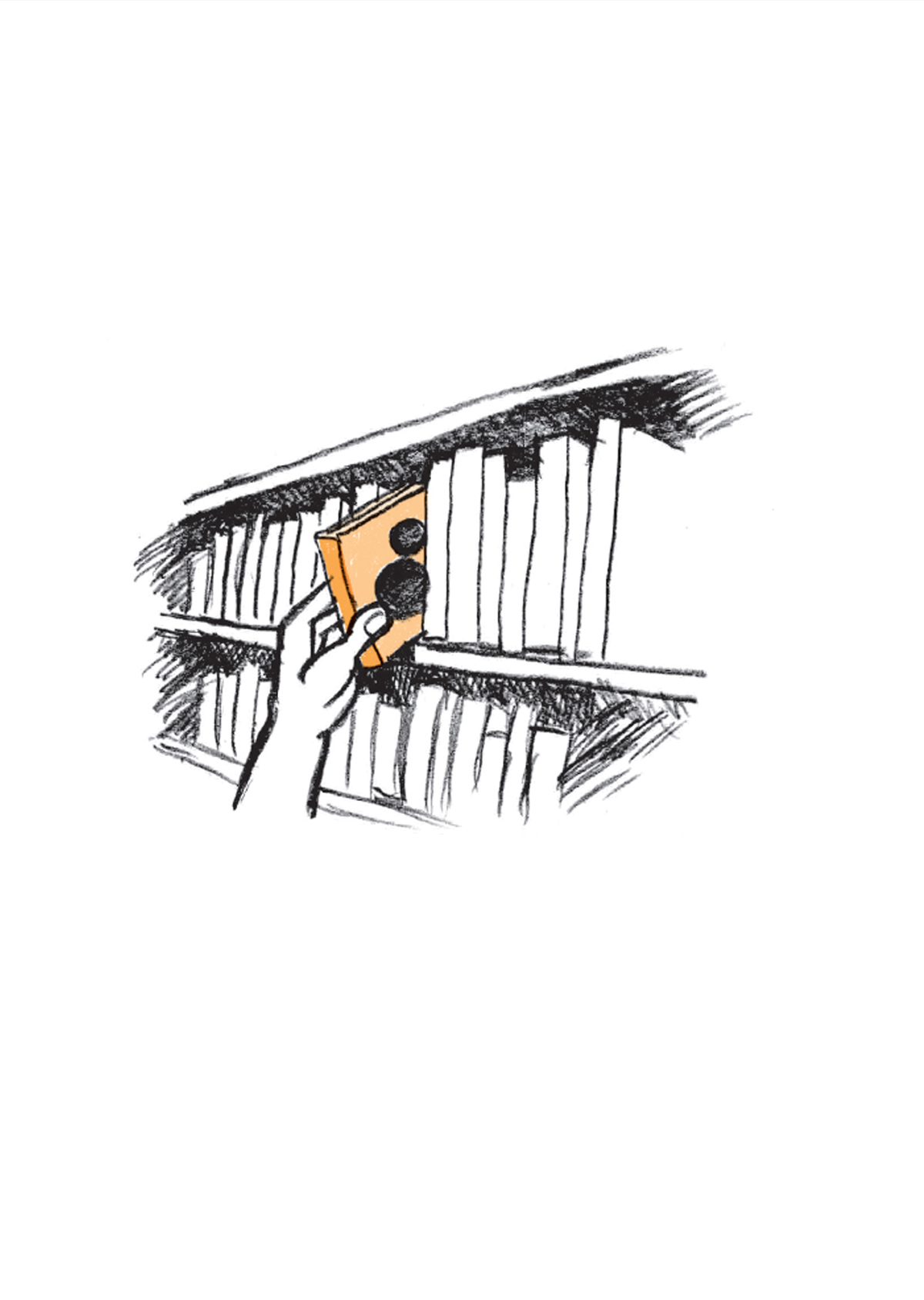
Your partner will currently be getting a whole lot of information youre not. Other women will be sharing stories with her and giving her advice its part of the gendered nature of parenthood conversations.
Unless youre also being hit with daily incidental advice, youll probably need to find some of that information yourself.
Consume some of the media aimed at mothers. Read books, check out websites. There is an internet of women sharing information about parenting.
Read a few stories about the mental load of parenting. (Its real. And much better shared.) What jobs already need doing? Buying a bassinet, car capsules, pram, baby clothes? Finding out about local child care, learning about safe sleeping? Make sure youre on the team, sharing all the thinking and research, as well as carrying out the tasks.
In the few months before the birth, get some one-on-one time with people you love who are parents.
Try to find as many different perspectives as you can, from people in various communities and backgrounds. Talk with people who gave birth and people who supported them.
ASK THEM IF THEYRE COMFORTABLE TO TELL YOU THEIR BIRTH STORY. ASK THEM ABOUT THE FIRST FEW WEEKS OF THE BABYS LIFE, AND ABOUT GOING BACK TO WORK. ASK HOW THEY FELT.
Be curious. Let them talk.
Ask some more.
Are there ways you can offer these friends support right now, emotionally and practically? By supporting them, youll be learning more about what your own familys needs might be in the future.
At the same time, youll be weaving yourself into the web of give and take that parent communities offer.
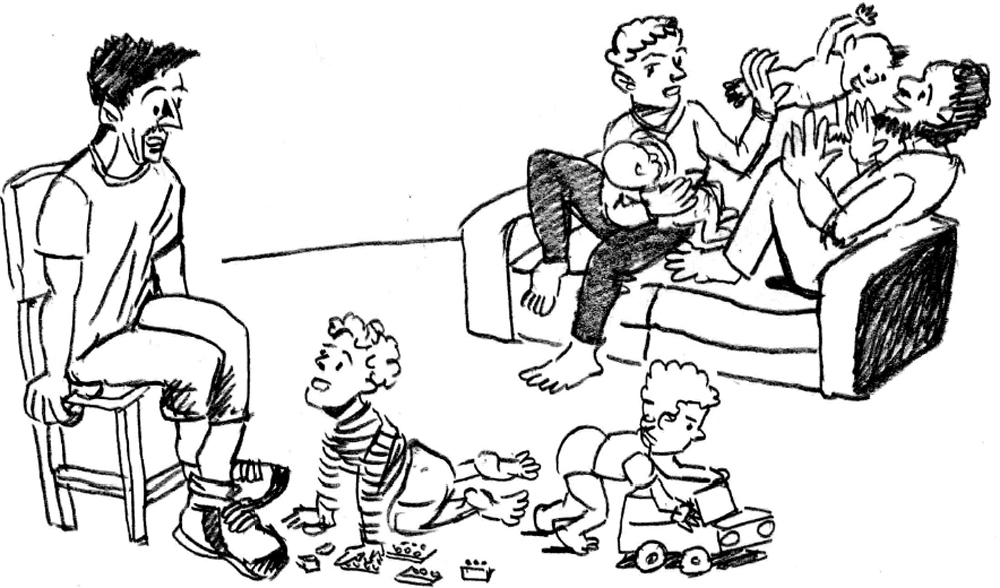
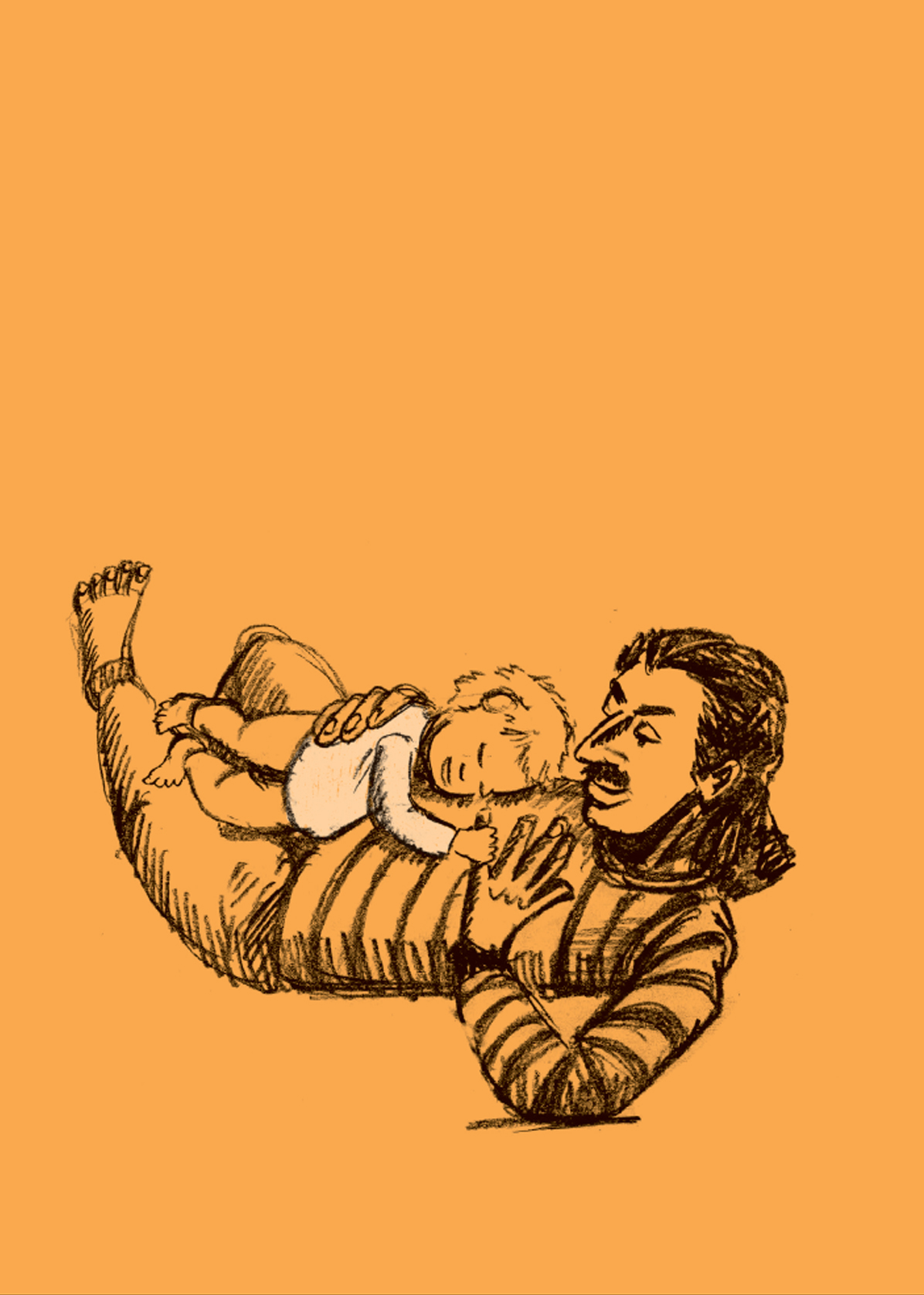
While getting ready for parenthood, how are you preparing to welcome your little one, whoever they turn out to be?
Youre about to bring a small human into the world who may be part of, and interact with, any number of different communities. LGBTQIA+, disabled people and people of colour have done some deep and strategic thinking about parenting. Its worth seeking out and valuing these stories.
From the very beginning, the language you use, the attitudes you have, the faces and bodies your child sees and the picture books you share with them will shape their sense of self and their understanding of the world. Now is a good time to talk about this with your partner, before the babys immediate physical needs take up all your attention. WHAT WILL YOU DO SO YOUR CHILD KNOWS THEY ALWAYS HAVE A SAFE LANDING PLACE WITH YOU?
If youre going to be the working parent, try to take as much time as you can off work. Take all your paid parental leave, if youre entitled to it, and then a little bit more if you can swing it. Everyones situation is different, but if you possibly can, take six weeks and then see if you can negotiate a less-than-full-time load for a while.
Its an important time for supporting your partner when my partner went back to work after six weeks, I was terrified but also, its an important time for your relationship with your baby.
This is the very beginning of your lives together. THEY WILL GROW AND CHANGE VERY FAST IN THESE EARLY DAYS, AND ALL THE MOMENTS YOU CAN GET WITH THEM NOW WILL BE PRECIOUS.
Next page

